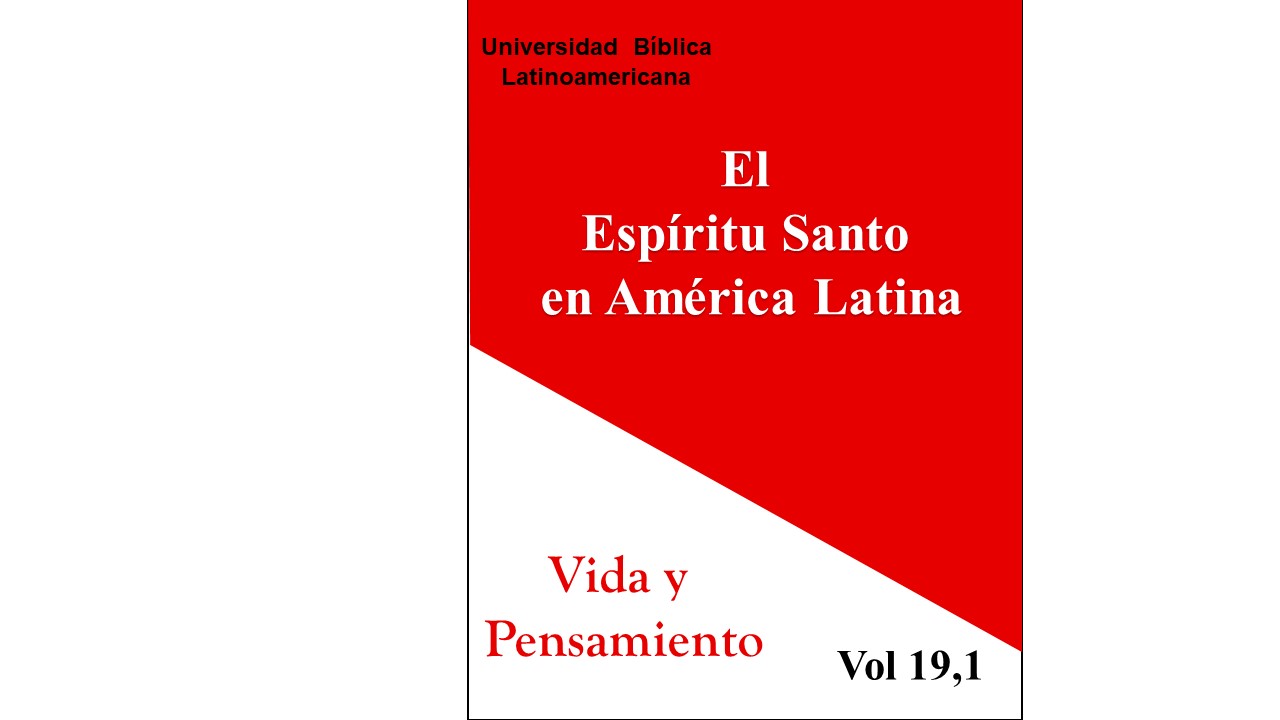El Espíritu Santo en América Latina
Abstract
Con el surgimiento explosivo de los pentecostales entre los protestantes, y los carismáticos entre los católicos, el Espíritu Santo se pone en la agenda teológica latinoamericana en lugar central. No es la primera vez. Se recuerda el excelente libro de José Comblin, El Espíritu Santo y la liberación (1987) o el trabajo de Leonardo Boff, La Trinidad, la sociedad y la liberación (1987) que, en el contexto latinoa mericano, toman el Espíritu Santo con suma seriedad. Boff es claro: el Espíritu Santo es el "motor para la liberación integral". El libro editado por Eduardo Bonnin, Espiritualidad y liberación en América Latina (1982), recogió distintos trabajos que interpretaban la espiritualidad y, por ende, el Espíritu Santo. En el contexto de la lucha latinoamericana contra la pobreza y la injusticia institucionalizada, ese libro contribuyó mucho hacia una comprensión de la espiritualidad -la vida del Espíritu- muy relevante a la realidad histórica: el encuentro con el empobrecido. En estas obras, es el Espíritu Santo el que guía la praxis de la liberación.
Downloads
Copyright (c) 1999 Comité Editorial

This work is licensed under a Creative Commons Attribution-NonCommercial-ShareAlike 4.0 International License.
The authors who publish in this journal accept the following conditions:
- The authors retain their author rights y grant to the journal the right of first publication, with the work registered with the Creative Commons attribution that allows third parties to use the published material as long as they give appropriate credit to the author and the first publication in this journal.
-
The authors may make other independent contractual agreements for the non-exclusive distribution of the version of the article published in this journal (e.g. include it in an institutional repository or publish it in a book) as long as they clearly indicate that the work was first published in this journal.

